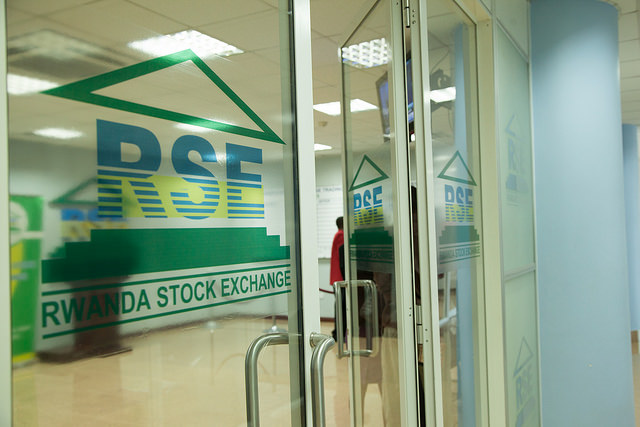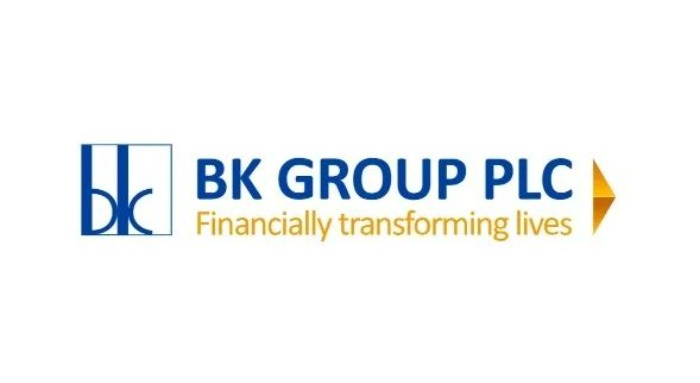The Rwanda Stock Exchange has said it will introduce a market makers scheme in an effort to infuse liquidity in the bearish market and boost volumes traded.
Market makers buy shares of a listed company, warehouse them and sell them to the public when prices appreciate, creating a balance in the market.
"The legal framework is in place," said Robert Mathu, executive director of the Rwanda Capital Markets Authority, adding that the RSE has also been pushing for the scheme to be adopted by its regional peers.
The Nairobi Securities Exchange, which has had a difficult run in recent months, is understood to be implementing the market makers scheme. The capping of the lending rate at four percentage points above the Kenya Bank Reference Rate has reduced investors' appetite for listed companies, reducing their earnings.
In 2015, NSE chief executive officer Geoffrey Odundo said the bourse was working with various stakeholders to develop a framework and regulations to enable market makers, short sellers and stock lenders to operate in the capital market.
Optimism
The EastAfrican understands that while the market making system is operational in Kenya, the big capital requirement has locked out many brokerage firms.
Davis K Gathaara, general manager of Baraka Capital, a brokerage firm in Kigali and Kampala, has advised the RSE to first extend trading hours and bring down the settlement time.
The RSE trading floor opens at 9am and closes at 12pm while the settlement time take two days.
Mr Gathaara is optimistic that the market makers will improve turnover on regional equity capital markets, which have suffered partly due to continued outflows as investors shift capital to more advanced economies in search of a lower risk profile.
In 2016, the turnover on the Rwanda bond and equity markets declined by 55.6 per cent to Rwf17.1 billion ($20.7 million), due to underperformance of most listed companies compared with the same period in 2015.
Kenya's equity market also performed dismally in quarter four, recording Ksh25.39 billion ($246.5 million) in 2016 compared with Ksh46.10 billion ($447.5 million) in the same period in 2015.
Bond market
The Rwanda bond market has not kept up, as it is dominated by government bonds. The corporate bond market, in addition, has remained under-tapped, with only I&M Bank Rwanda and IFC trading.
The challenge cited by the National Bank of Rwanda (BNR) is that secondary market bond trading is not buoyant, partly because investors are holding on to their bonds till maturity.
"The Rwandan capital market still lacks corporate bonds while most investors in government bonds tend to hold the securities up to maturity. These are big challenges to the development of the country's capital market," said BNR.
The volume of bonds traded on the secondary market increased by 85 per cent to Rwf1.63 billion ($1,9 million) in 2016 from Rwf0.88 billion ($1 million) in 2015 while the number of transactions increased by 230 per cent -- from 30 transactions in 2015 to 99 transactions in 2016.
Most local debt markets in Africa were buoyant in 2016, driven by relatively low levels of activity in the Eurobond market by African issuers.
































